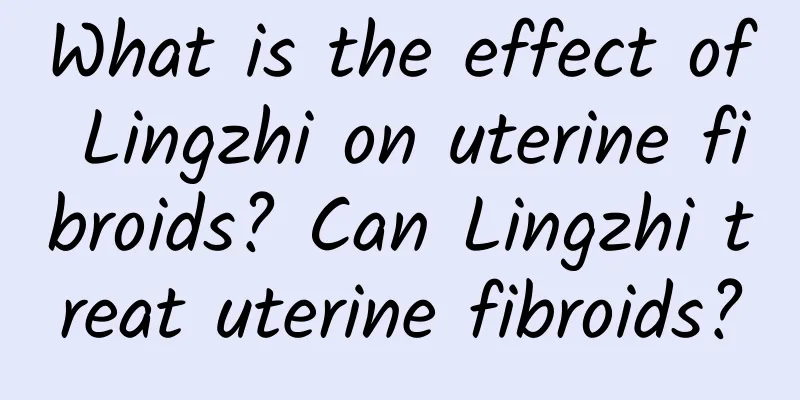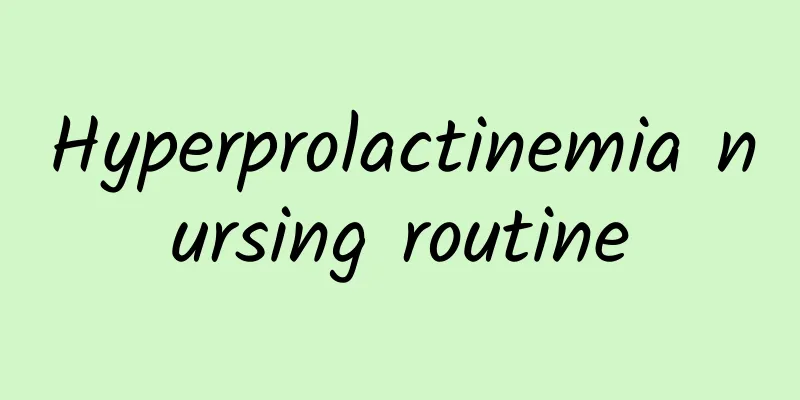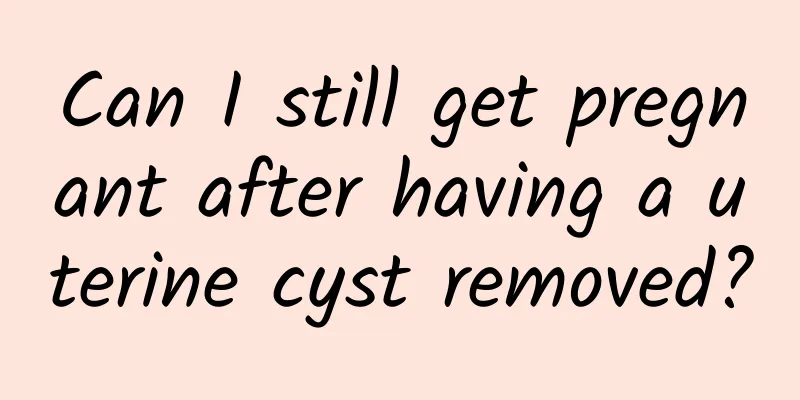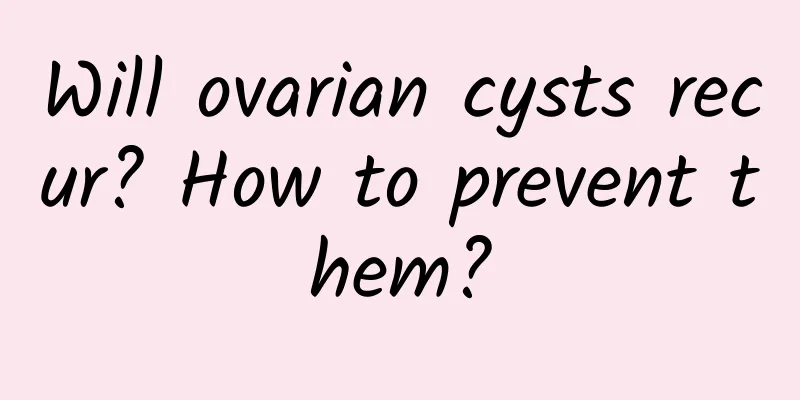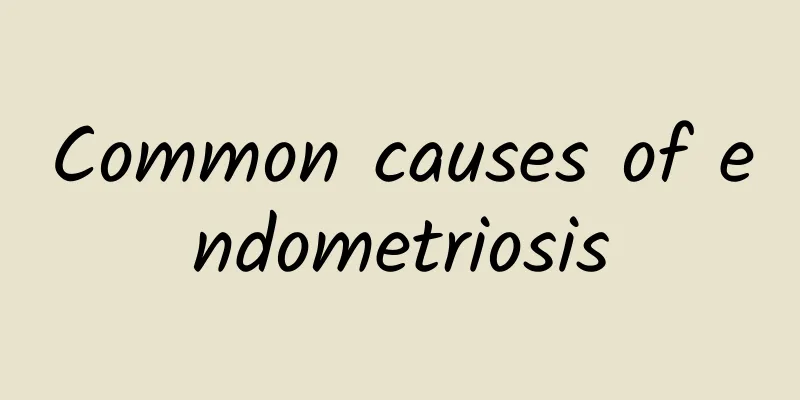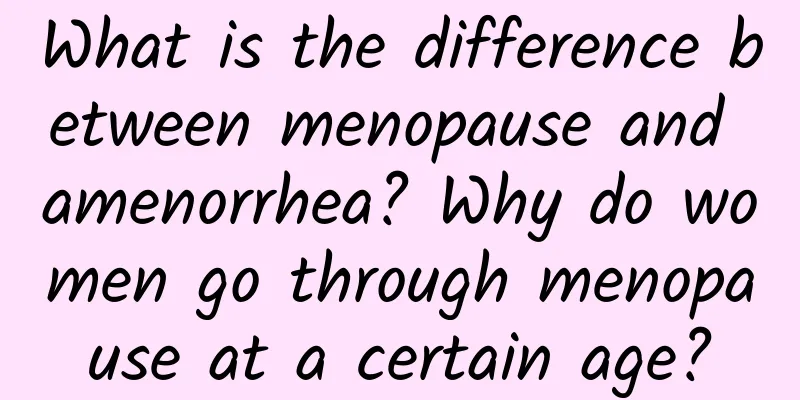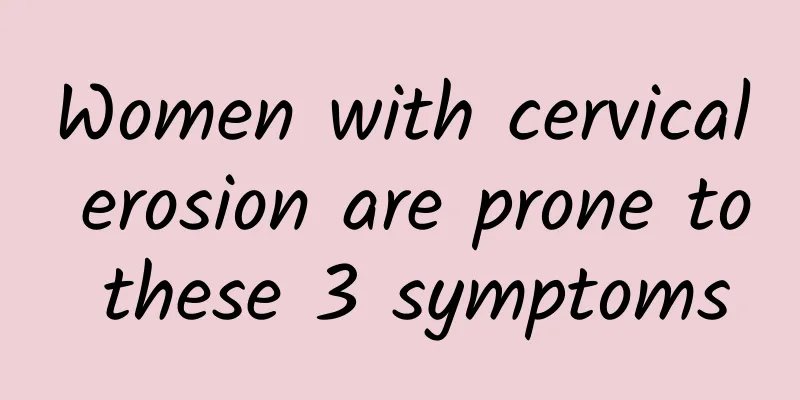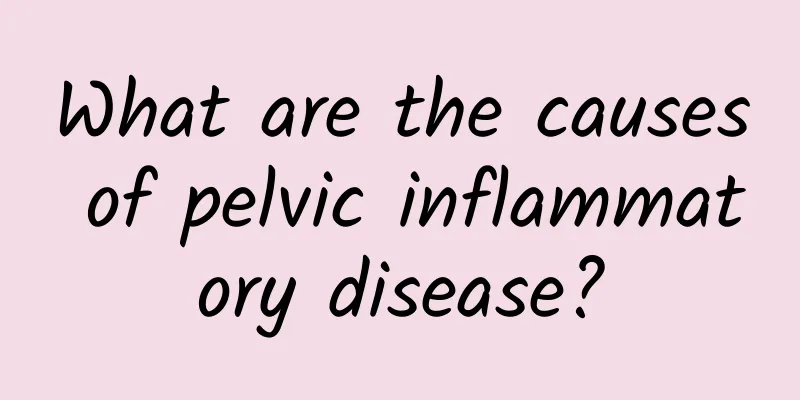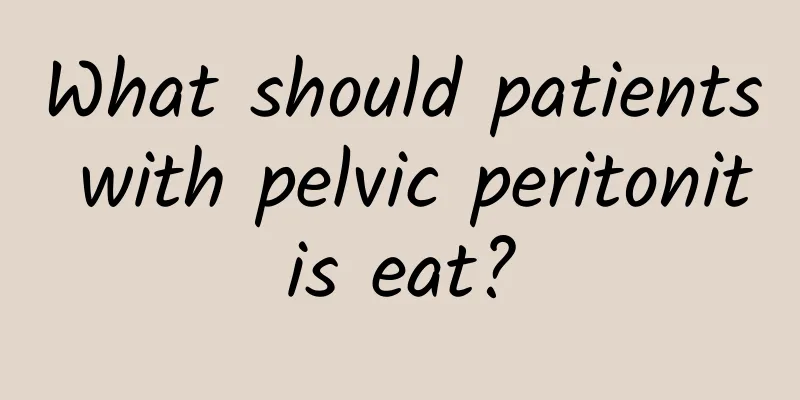EU resolution: no sugar allowed in fruit juice from June
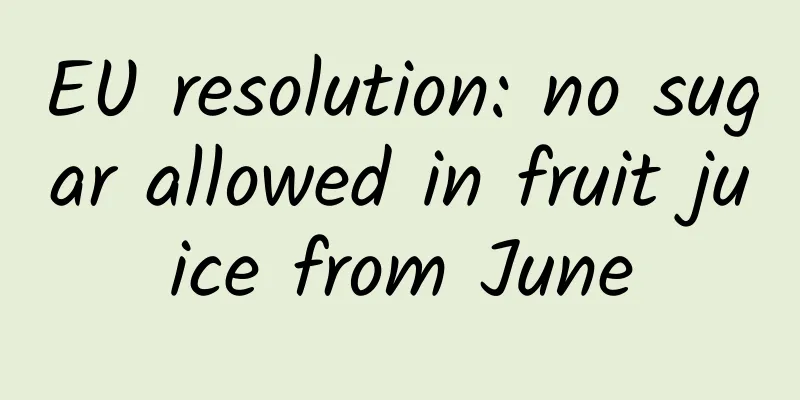
|
Many fruit juices labeled "pure juice" on the market contain a small amount of artificial additives to enhance their taste and shelf life. Therefore, many nutritionists do not recommend drinking fruit juice instead of eating fruit, as it may put a burden on the body in the long run. The European Union Council of Ministers recently passed a groundbreaking resolution that stipulates that food manufacturers within member states are not allowed to add any additional sugar to fruit juice. The decree will officially come into effect in June this year. A statement issued on the EU official website on the 8th stated that the "no sugar added to fruit juice" policy will be strictly implemented from June 1st. According to a statement issued on the EU official website on the 8th, in order to fully comply with the International Food Standard System (Codex Alimentarius) established by the Food and Agriculture Organization (FAO) and the World Health Organization (WHO) in 1963, the "no sugar added to juice" policy will be strictly implemented from June 1st. This means that even if "juice contains sugar" is stated on the outer packaging, it will not be allowed. This measure will have an 18-month buffer period to facilitate member states to submit it to parliament for a vote. What is more special is that this resolution includes "tomato" in the list of fruits for the first time, which means that "tomato juice" will also be regulated by this decree. In addition, in order to prevent manufacturers from using chemical flavors and artificial colors to confuse the product, the type of fruit used must be clearly indicated in the future. If the product contains three or more mixed fruit juices, it can be labeled as "multi-fruit". Prior to this, it was an unspoken secret in the industry that canned fruit juice contained sugar or artificial sweeteners, even if it was labeled "100% pure juice". Therefore, through legislation, EU citizens were able to buy the purest fruit juice. In other words, regardless of whether the juice manufacturer was registered in the EU, as long as the product was imported and sold on the market, it must comply with the regulations of this bill. |
<<: A series of explosions of clenbuterol! Zhu Lilun: The source should be traced
Recommend
How to rule out an ectopic pregnancy yourself
Ectopic pregnancy generally refers to ectopic pre...
Abortion syndrome
The first step is to confirm the pregnancy. Accor...
How to quickly relieve menstrual pain
Women often experience dysmenorrhea during menstr...
Does endometrial tuberculosis need treatment?
Does endometrial tuberculosis need treatment? The...
What medicine should I take for uterine fibroids and adenomyosis? What is the difference between adenomyosis and uterine fibroids?
What medicine should I take for uterine fibroids ...
Make good use of the menstrual cycle of hormonal changes to lose weight more effectively!
Many people actually understand that to lose weig...
The most common causes of pelvic inflammatory disease
Among the gynecological inflammatory diseases, pe...
What you need to know about nursing care after having an ectopic pregnancy
Pregnant women are very likely to suffer from ect...
What are the main examination items for ovarian cysts
What are the main examination items for ovarian c...
Delicious soup relieves women's pain of menstrual cramps
Dysmenorrhea refers to pain and distension in the...
Abnormal yellow vaginal discharge in newborns
When a newborn's leucorrhea is abnormally yel...
What are the symptoms of adenomyosis?
What are the symptoms of adenomyosis, mild or sev...
Early care of vulvar leukoplakia
Early care of vulvar leukoplakia is very importan...
What causes cervical erosion?
Cervical erosion is very harmful to the health of...
What is the cause of uterine contraction miscarriage
What is the cause of miscarriage due to uterine c...
